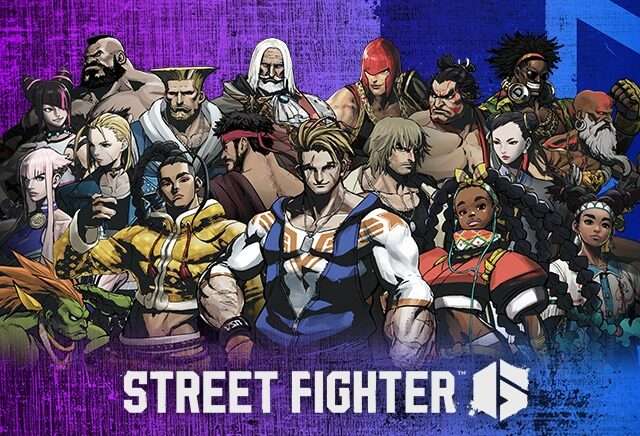Capcom Cup Controversy
Capcom Cup 12 is poised to make history as the first major pay-per-view livestream for a Street Fighter tournament. Scheduled for March next year, this decision has ignited a fierce backlash from fans and competitive players alike. The Japanese publisher is now reconsidering its pricing strategy following widespread criticism, highlighting the delicate balance between monetization and community support in esports.
Pricing Adjustments Considered
On social media, Capcom announced it is contemplating adjustments to the live viewing ticket price. Currently set at $40 for two days of matches, this fee is equivalent to purchasing Street Fighter 6 itself. Many fans are expressing their discontent with the idea of paying to watch a tournament that has traditionally been free to view online. Capcom’s response indicates an awareness of the potential fallout from this pricing model, as they plan to provide further details on ticket pricing and the rationale behind it by late October.
<カプコンeSportsイベント 有料チケットに関するお知らせ>
本日より「CAPCOM CUP 12」「ストリートファイターリーグ: ワールドチャンピオンシップ 2025」の国技館の会場観戦チケットの抽選販売受付を開始いたします。▼詳しくはこちら▼https://t.co/UdNZJzoxUf…
— CAPCOM eSports (@CAPCOM_eSports) October 10, 2025
Community Reaction
The backlash intensified after Street Fighter 6 director Takayuki Nakayama revealed that the development team was not consulted about the pay-per-view pricing. This revelation has raised eyebrows within the community, as it suggests a disconnect between Capcom’s marketing strategies and the developers’ understanding of player sentiment. Nakayama expressed surprise at the announcement, emphasizing that revenue targets differ across departments. This lack of communication within the company has left fans feeling alienated and questioning the motives behind the pay-per-view model.
Alternative Solutions
While some fans are staunchly opposed to any form of pay-per-view, others are open to compromise. Suggestions have emerged for Capcom to lower the ticket price or bundle it with in-game cosmetic items. This could create a more appealing package for fans who wish to support the tournament while also gaining additional value from their purchase. The idea of integrating livestream access with game content could foster a sense of community and enhance player engagement.
For example, the initiatives we implemented in the previous title. That was a proposal from the development team—it was tough but fun.
Since then, the organization has grown significantly, and various departments have been established.
My main responsibilities now are improving…— TAKA-nakayama (@takaNakayama) October 2, 2025
Esports Monetization
As Capcom navigates this controversy, the future of esports monetization hangs in the balance. The decision to implement a pay-per-view model for Capcom Cup 12 could set a precedent for other tournaments in the industry. However, it also risks alienating a loyal fanbase that has supported the franchise for decades. Capcom’s upcoming announcement will be crucial in determining whether they can strike a balance between profitability and community goodwill.
The Capcom Cup pay-per-view model has sparked significant debate within the gaming community. As the publisher reassesses its pricing strategy, it must consider the broader implications for esports and the expectations of its dedicated fanbase. The outcome of this situation will not only affect the Capcom Cup but could also influence how future esports events are monetized.




